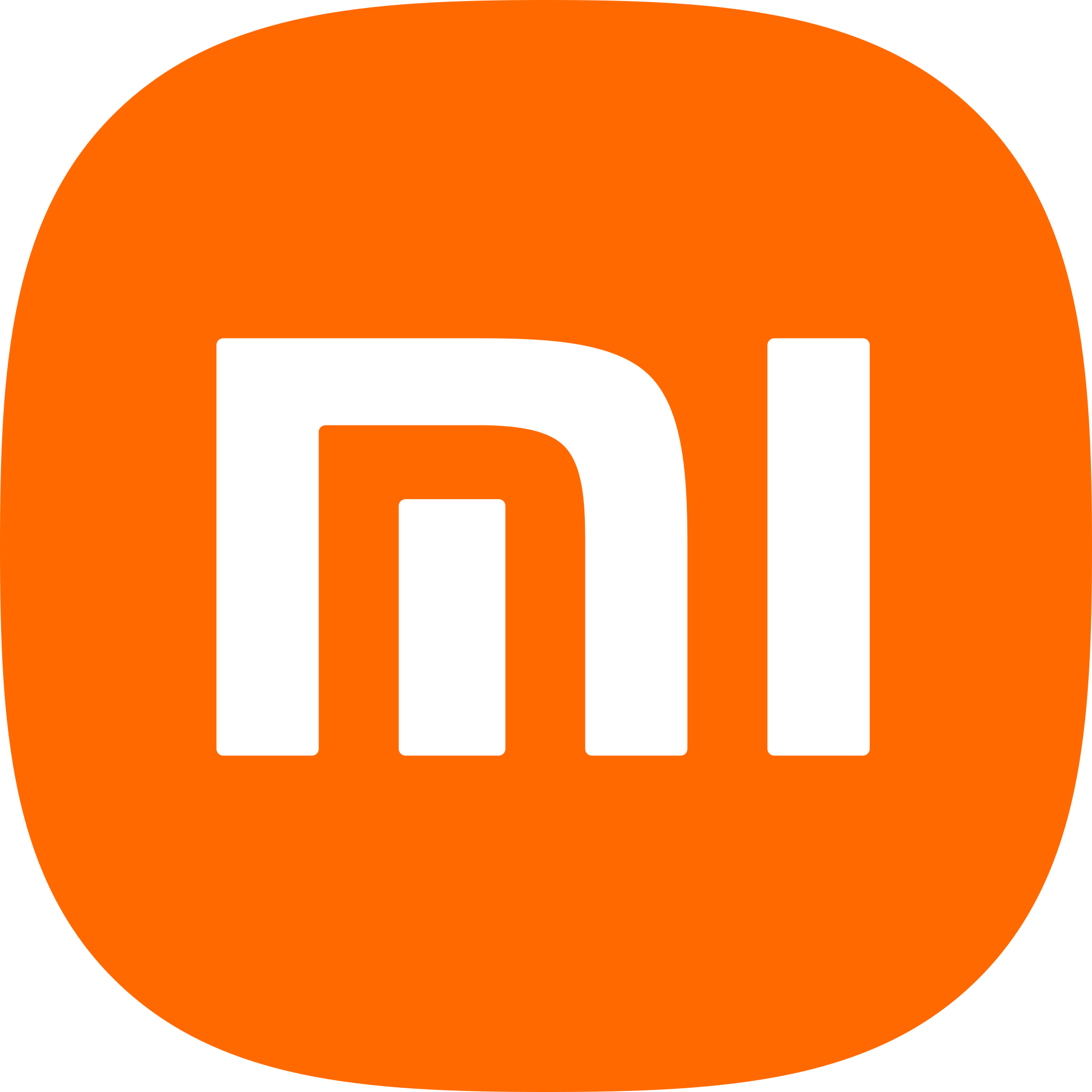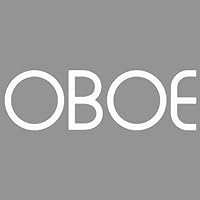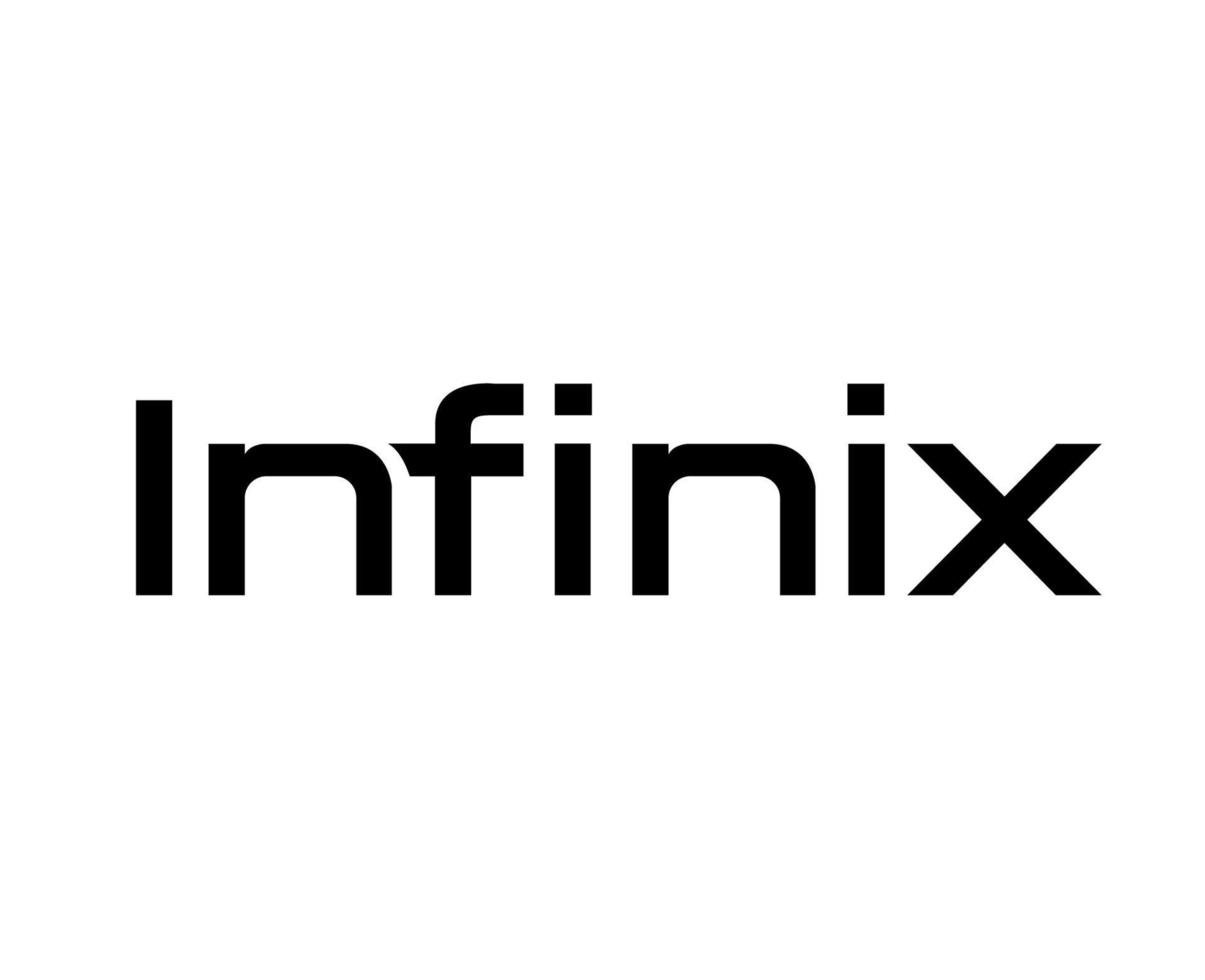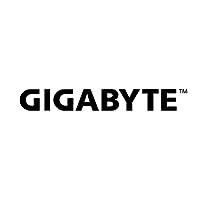In today’s increasingly remote work landscape, having the right business laptop for your work from home setup is essential to ensure efficiency, productivity, and a seamless workflow. With numerous options available in the market, it can be overwhelming to find the perfect laptop that caters to your specific needs. This comprehensive guide will walk you through the essential features to consider, important factors to keep in mind, and expert tips to help you make an informed decision.
Key Takeaways
- Consider your budget and how you plan to use the laptop
- Investing around $1,000 can give you access to more cutting-edge features and better performance
- Windows is the most flexible operating system, while ChromeOS is a good alternative for budget laptops
- Choose a laptop that is no more than half an inch thick and weighs 3 pounds or less
- Screen size, resolution, and display quality are important considerations
Now that you have a general idea of what to look for in a business laptop, let’s dive deeper into the key factors to consider when choosing one for your work-from-home setup.
Factors to Consider When Choosing a Business Laptop for Work from Home
When selecting a business laptop for your work-from-home setup, there are several important factors to consider that will ensure you find the perfect fit for your needs.
First and foremost, budget is a key consideration. Determine how much you are willing to spend on a laptop as this will narrow down your options. If you have a tight budget, laptops under $500 are available and are suitable for basic tasks such as word processing and checking emails. For more demanding tasks, consider increasing your budget to around $1,000 or more to access cutting-edge features and better performance.
Another crucial factor is the operating system. Windows is the most flexible option, offering a wide range of software compatibility. If you’re on a budget, ChromeOS is a good alternative, especially for cloud-based work. If you’re an Apple user, macOS is ideal for a seamless experience across your devices.
Size and weight are also important considerations. Opt for a laptop that is no thicker than half an inch and weighs 3 pounds or less, making it portable and convenient for both work and travel. Ultrabooks typically come in 13 or 14-inch screen sizes, but there are also options available with larger screens. When choosing a laptop screen, consider factors such as resolution, brightness, color accuracy, and contrast ratio. Full HD (1920×1080 pixels) is common for budget laptops, while higher-end laptops may offer 4K displays.
| Operating System | Screen Size | Resolution |
|---|---|---|
| Windows | 13 or 14-inch | Full HD (1920×1080) |
| ChromeOS | 13 or 14-inch | Full HD (1920×1080) |
| macOS | 13 or 14-inch | Full HD (1920×1080) |
In terms of ports, ensure your chosen laptop has at least one USB 3.0 port, possibly a USB 2.0 port or two, Wi-Fi, HDMI, and USB-C ports. These ports provide connectivity options for various devices and peripherals, offering flexibility in your work setup.
Remember, the best laptop for work from home will ultimately depend on your specific needs and budget. Take the time to research and compare different models, considering essential features and expert tips to make a well-informed decision that enhances your productivity.
Example: HP Laptop for Business and Professionals
An excellent example of a business laptop suitable for work from home professionals is the HP Laptop XYZ series. With its powerful performance, security features, and exceptional connectivity options, it stands out as a top choice for remote work setups.
The HP Laptop XYZ series is equipped with the latest Intel® Core™ i7 processor, providing fast and efficient performance for multitasking, running demanding software, and handling large data sets. This ensures smooth operation and enhances productivity, allowing you to seamlessly transition between tasks without any lag.
In terms of security, the HP Laptop XYZ series offers advanced features to protect your sensitive data and maintain privacy while working remotely. It includes biometric authentication options such as fingerprint readers or facial recognition technology, ensuring that only authorized individuals can access your laptop and files.
Connectivity is crucial for remote professionals, and the HP Laptop XYZ series excels in this aspect. It is equipped with a wide range of ports, including USB-C, HDMI, and multiple USB 3.0 ports, allowing you to connect various devices like external monitors, printers, and external storage easily. Additionally, it supports fast and reliable Wi-Fi and Bluetooth connectivity, ensuring seamless communication and collaboration with colleagues and clients.
| Key Features of HP Laptop XYZ series | Specifications |
|---|---|
| Processor | Intel Core i7 |
| Security Features | Biometric authentication (fingerprint reader or facial recognition) |
| Connectivity | USB-C, HDMI, USB 3.0, Wi-Fi, Bluetooth |
| Operating System | Windows 10 Pro |
| Display | 13.3-inch Full HD (1920×1080) IPS display |
| Storage | 256GB SSD |
| Memory | 8GB RAM |
| Battery Life | Up to 10 hours |
In conclusion, when considering a business laptop for work from home, the HP Laptop XYZ series offers a combination of powerful performance, security features, and exceptional connectivity options. It is designed to meet the needs of remote professionals, enhancing productivity and providing a seamless work experience. With its reliable performance and advanced features, the HP Laptop XYZ series is undoubtedly a top choice for anyone looking for a business laptop for their home office setup.
Conclusion: Making the Right Choice for Your Work from Home Laptop
Choosing the right business laptop for your work from home setup is crucial for maximizing productivity and creating a seamless remote work environment. By considering your specific needs and the essential features discussed in this guide, you can confidently make a decision that will elevate your remote work experience.
When it comes to budget, it’s important to strike a balance between affordability and performance. Cheap laptops under $500 are suitable for basic tasks, but if you need more power and cutting-edge features, increasing your budget to around $1,000 will give you better options. For those with a budget of $2,000 or more, you can choose a laptop with all the features you desire, but keep in mind the need for adequate cooling and space for powerful hardware.
The operating system is another crucial factor to consider. Windows offers flexibility and a wide range of software options, making it a popular choice. ChromeOS is a good alternative for budget laptops, especially if you primarily work in the cloud. On the other hand, macOS is ideal for Apple device users who want a seamless experience across their devices.
Size and weight are important considerations for portability. Opt for a laptop that is no more than half an inch thick and weighs 3 pounds or less, unless you have specific requirements for a larger screen. Speaking of screens, a full HD resolution (1920×1080 pixels) is common for laptops under $500, while higher-end laptops may offer 4K displays. Don’t forget to consider factors such as brightness, color accuracy, and contrast ratio for optimal display quality.
Lastly, the availability of ports is crucial for connectivity. Most laptops come with at least one USB 3.0 port, but having additional USB 2.0 ports, Wi-Fi, HDMI, and USB-C ports can greatly enhance your productivity and convenience.
For a cloud-centric workflow, Chromebooks are a great option, while Windows laptops offer more software flexibility. Consider HP Chromebook x360 Intel Celeron N4120, a 14-inch Micro-Edge, Touchscreen, 2-in-1 Laptop, which is an excellent option for those who primarily work in the cloud, offering versatility and functionality for remote work.
Compare and view business laptops under 1 lakh






















